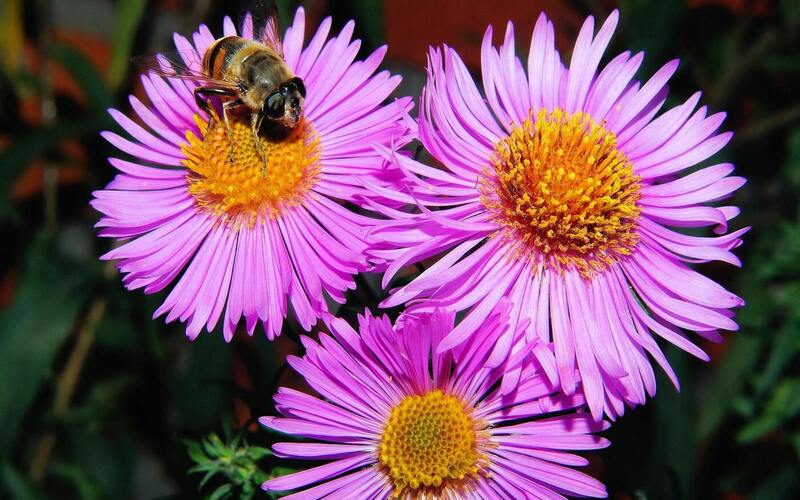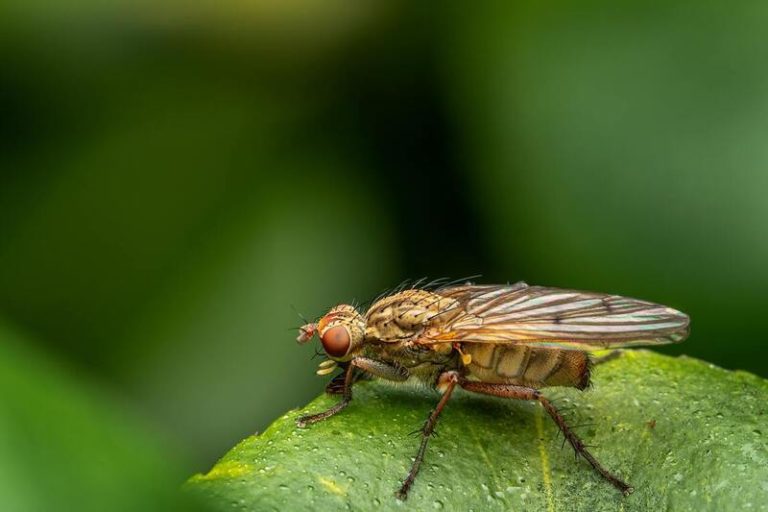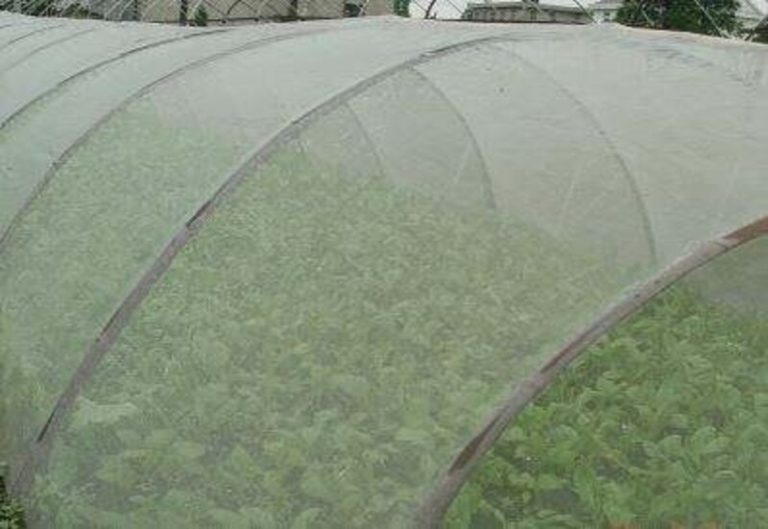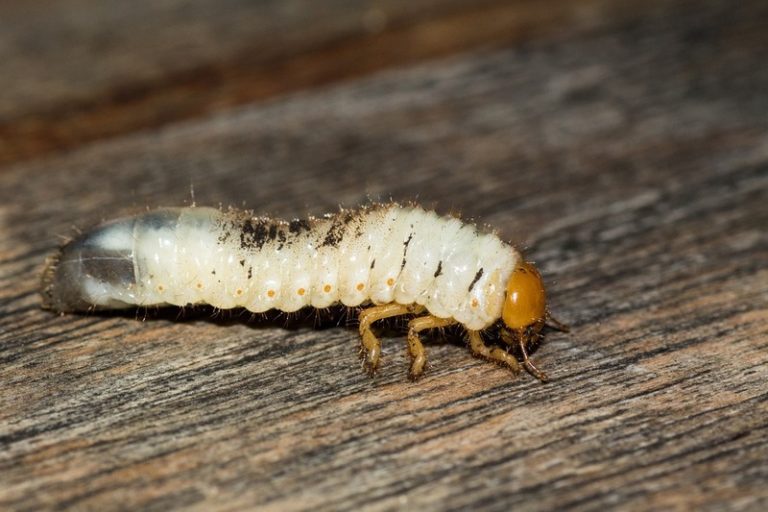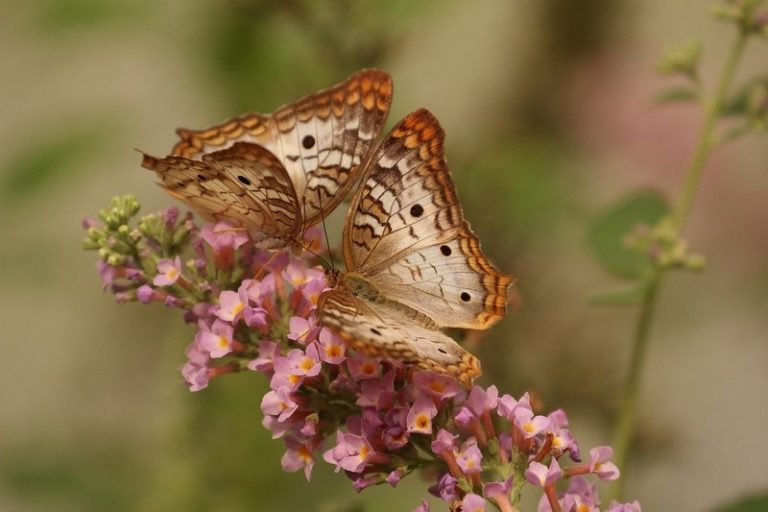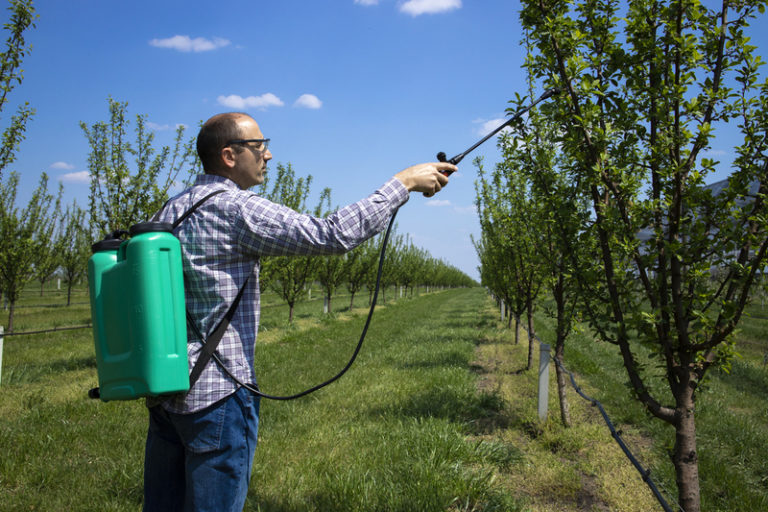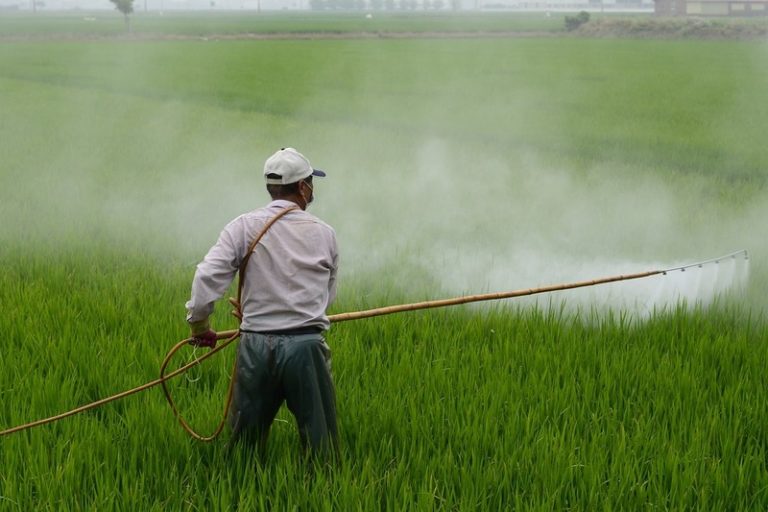Useful Farm Insects: The Secret Weapons for Boosting Crop Yields and Farm Sustainability
Farms are home to a variety of insects, some of which can be useful for farmers. Insects can help farms in many ways, such as by pollinating plants, getting rid of pests, and adding nutrients to the soil.
While some insects are harmful to crops, others can be useful and should be encouraged on farms.
In this article, we’ll talk about some of the most helpful farm insects and how farmers can get them and keep them under control.
Pollinators
Pollination is a crucial process for many crops, including fruits, vegetables, and nuts. Without pollination, these crops would not produce fruit or seeds. Pollinators, such as bees, butterflies, and moths, are essential for pollination. Bees, in particular, are the most important pollinators for many crops.
Honeybees are the most common type of bee used for pollination on farms. Flowers draw them in with their vibrant colors and delicious nectar. Farmers can encourage honeybees by planting a variety of flowering plants that bloom at different times throughout the growing season. Honeybees can also be attracted by providing a source of water, such as a shallow dish or bird bath.
Bumblebees are another important pollinator for many crops. They are larger than honeybees and are able to fly in cooler temperatures and lower light conditions. Farmers can encourage bumblebees by providing nesting sites such as old mouse holes, compost piles, or hollow stems.
Butterflies and moths are also important pollinators, although they are not as efficient as bees. Farmers can attract butterflies and moths by growing flowers with lots of nectar, like zinnias, marigolds, and milkweed.

Predators
Insects that feed on other insects are known as “predators.” Predators can be beneficial to farms by controlling pest populations. By reducing the number of pests, predators can help reduce the need for pesticides.
Ladybugs are one of the most common predators found on farms. They feed on aphids, mites, and other soft-bodied insects. Farmers can attract ladybugs by planting flowers, such as daisies and yarrow, and by providing a source of water.
Praying mantises are another predator commonly found on farms. They feed on a variety of insects, including grasshoppers, crickets, and beetles. Farmers can attract praying mantises by providing nesting sites such as tall grass or piles of leaves.
Assassin bugs are also good predators. They eat many different kinds of insects, like caterpillars, beetles, and aphids. Farmers can attract assassin bugs by planting flowers, such as dill and sunflowers.
Parasitoids
Parasitoids are insects that lay their eggs on or inside other insects. When the eggs hatch, the larvae feed on the host insect, eventually killing it. Parasitoids can be effective at controlling pest populations, and they are often used as a natural alternative to pesticides.
Trichogramma wasps are one of the most common parasitoids used on farms. They lay their eggs inside the eggs of other insects, such as moths and butterflies. When the wasp larvae hatch, they feed on the host insect, eventually killing it. Farmers can attract trichogramma wasps by planting flowers such as sweet alyssum and yarrow.
Braconid wasps are another common parasite used on farms. They lay their eggs inside the bodies of other insects, such as caterpillars and beetles. When the wasp larvae hatch, they feed on the host insect, eventually killing it. Farmers can attract braconid wasps by planting flowers such as fennel and Queen Anne’s lace.
Soil Enrichers
Insects can also play a role in enriching the soil on farms. Some insects can break down organic matter and recycle nutrients, making them available to plants.
Dung beetles are one of the most important soil-enriching insects. They feed on animal manure, breaking it down and incorporating it into the soil. This process helps release nutrients, such as nitrogen, phosphorus, and potassium, which are essential for plant growth. Farmers can attract dung beetles by providing a source of animal manure.
Earthworms are another important soil-enriching insect. They burrow through the soil, aerating it and breaking down organic matter. This process helps release nutrients and improve soil structure. Farmers can attract earthworms by adding organic matter, such as compost or leaf litter, to the soil.
Ants are also important soil-enriching insects. They bring organic matter, such as dead insects and plant material, into their nests, where it breaks down and enriches the soil. Farmers can attract ants by providing nesting sites, such as old logs or piles of rocks.
Attracting Beneficial Insects
Farmers can get helpful bugs to come to their farms by making a place for them to live that meets their needs.Here are some tips for attracting beneficial insects:
Plant a variety of flowers. Flowers, especially those with lots of nectar, attract insects that are good for you.Planting a variety of flowers that bloom at different times throughout the growing season can help to attract a diverse range of insects.
Provide a water source. Insects need water to live, especially when it is hot and dry.Providing a source of water, such as a shallow dish or bird bath, can help to attract and keep beneficial insects on your farm.
Pesticides should be avoided because they can harm both beneficial and pest insects. If possible, avoid using pesticides or use them sparingly.
Provide nesting sites: Many beneficial insects, such as bees and wasps, require nesting sites. Providing nesting sites, such as hollow stems or old logs, can help to attract and retain beneficial insects on your farm.
Conclusion
Insects play an important role on farms, both as pests and beneficial organisms. By attracting and managing beneficial insects, farmers can reduce the need for pesticides, improve pollination, control pests, and enrich the soil.
By creating a habitat that meets the needs of beneficial insects, farmers can help promote a healthy and sustainable ecosystem on their farms.
Also Read:
RTU Pest Control: The Quick and Easy Way to Get Rid of Pests

